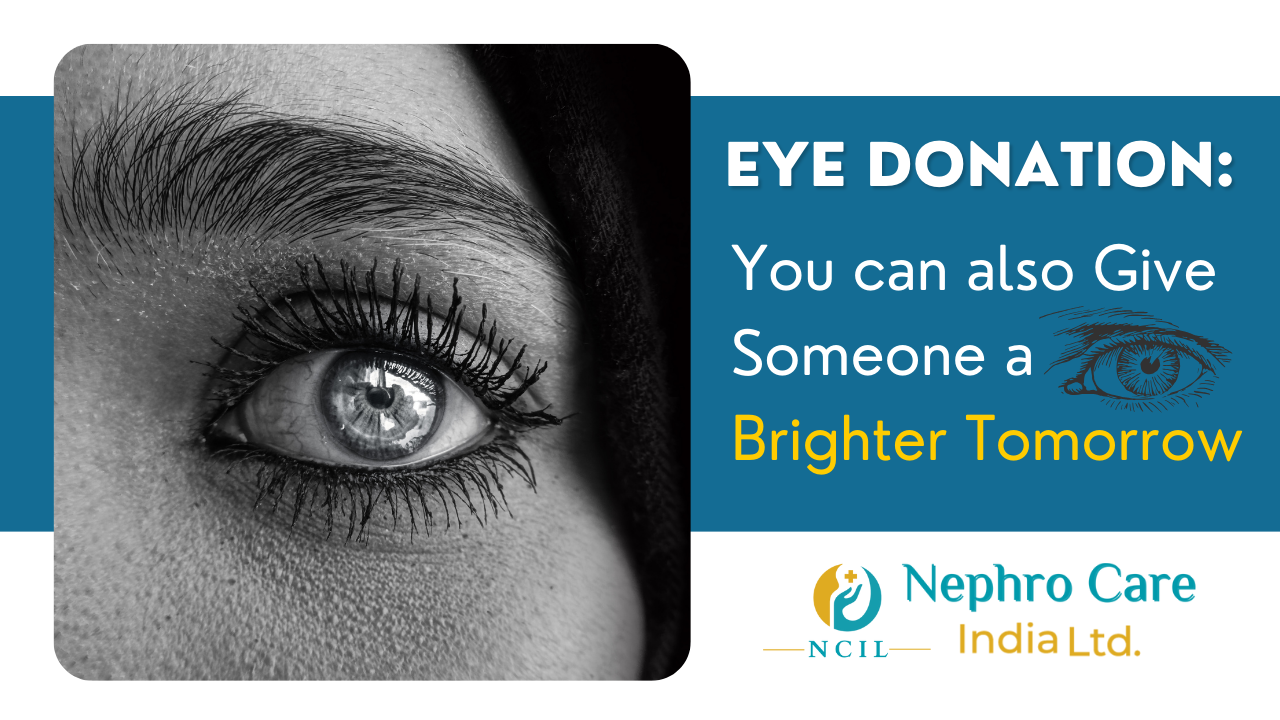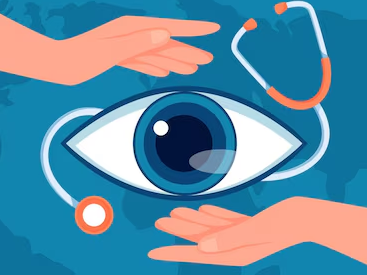
- 502
- 0
Eye Donation: Give Someone a Brighter Tomorrow

Eye donation is a remarkable act of kindness that can restore sight to individuals suffering from corneal blindness. By donating your eyes, you can offer someone the gift of vision, transforming their life in a way that is truly profound. But who exactly can donate their eyes? Let’s explore this important topic.
Who is Eligible to Donate Eyes?
One of the most inclusive aspects of eye donation is that almost anyone can become a donor. Here are some key points to consider:

- corneal blindness: People of all ages can donate their eyes. While certain medical conditions might prevent the donation of other organs, eyes can be donated regardless of age. Even people who are elderly can donate their eyes, as the corneas can still be viable for transplantation.
- Medical History is Often Irrelevant: Unlike many other types of organ donation, your medical history does not usually disqualify you from donating your eyes. People with conditions like diabetes, hypertension, or even cancer can often donate their eyes. However, individuals with certain infections, like HIV or Hepatitis B and C, may be excluded to prevent the risk of infection transmission.

- No Need for Perfect Vision: It is a common misconception that only people with perfect vision can donate their eyes. People who wear glasses, have had LASIK surgery, or even those who have suffered from various eye diseases can still donate their eyes. What matters most is the cornea’s health, which is the clear, dome-shaped surface covering the front of the eye.
- After Death: Eye donation is something that needs to be done soon after death, typically within 4-6 hours. Therefore, it’s essential to inform your family of your wishes, as they will play a crucial role in ensuring the donation takes place.
How to Become an Eye Donor
The process to become an eye donor is straightforward:

- Pledge Your Eyes: Many organizations and hospitals have eye donation programs. You can pledge to donate your eyes by signing up with one of these programs.
- Inform Your Family: It is vital to let your family know about your decision to donate your eyes. This ensures they are prepared to carry out your wishes in the event of your death.
- Carry a Donor Card: Some organizations provide donor cards when you register as an eye donor. Carrying this card with you can also help inform others of your decision.
The Impact of Eye Donation
By donating your eyes, you can give someone the invaluable gift of sight. This not only improves their quality of life but can also help them regain independence and confidence. Eye donation is a simple yet impactful way to contribute to society, and almost everyone can participate in this noble cause.
To sum up, donating your eyes is a compassionate act that can profoundly impact another person’s life. If you’re thinking about becoming an eye donor, keep in mind that nearly everyone is eligible to donate, and your choice could help restore someone’s vision.
Comment
Check Your EGFR
***We Promise, no spam!







